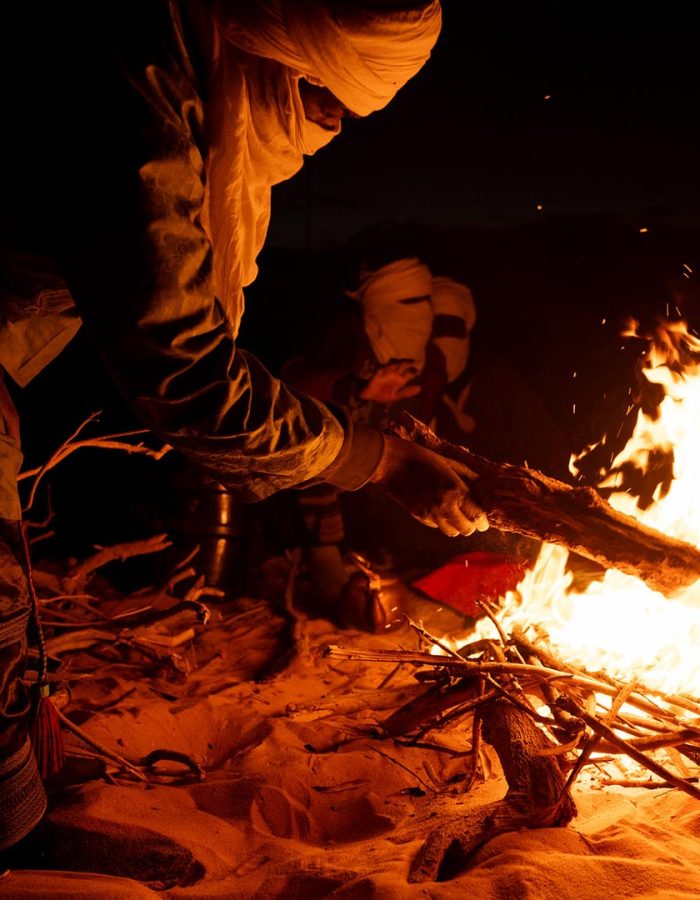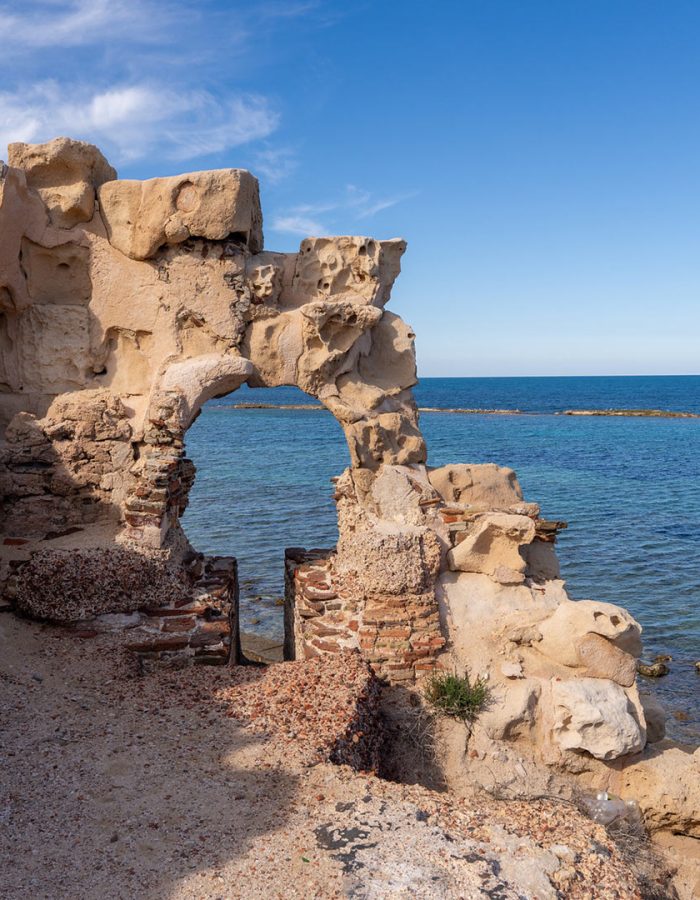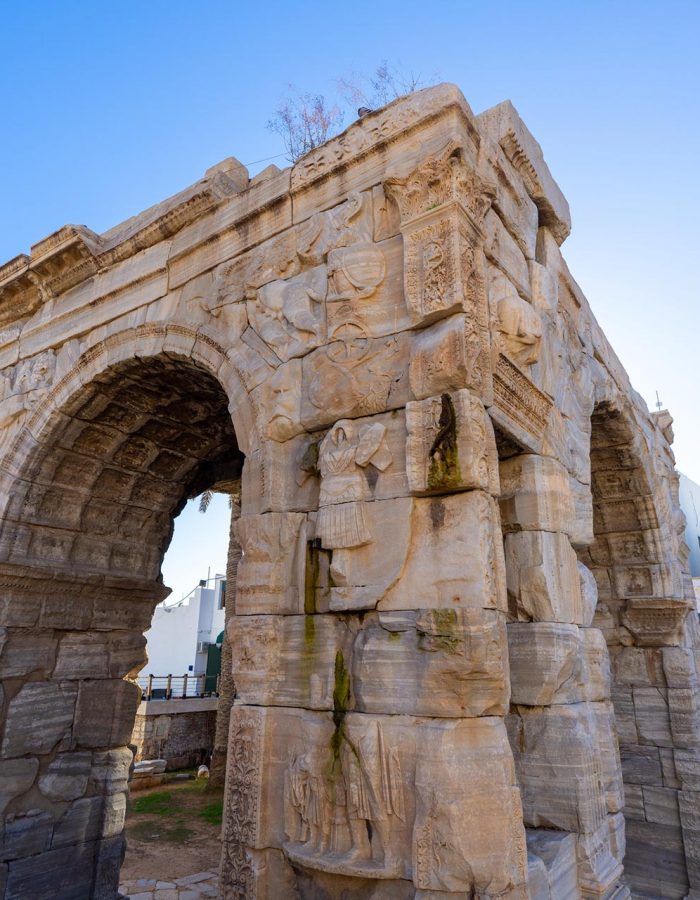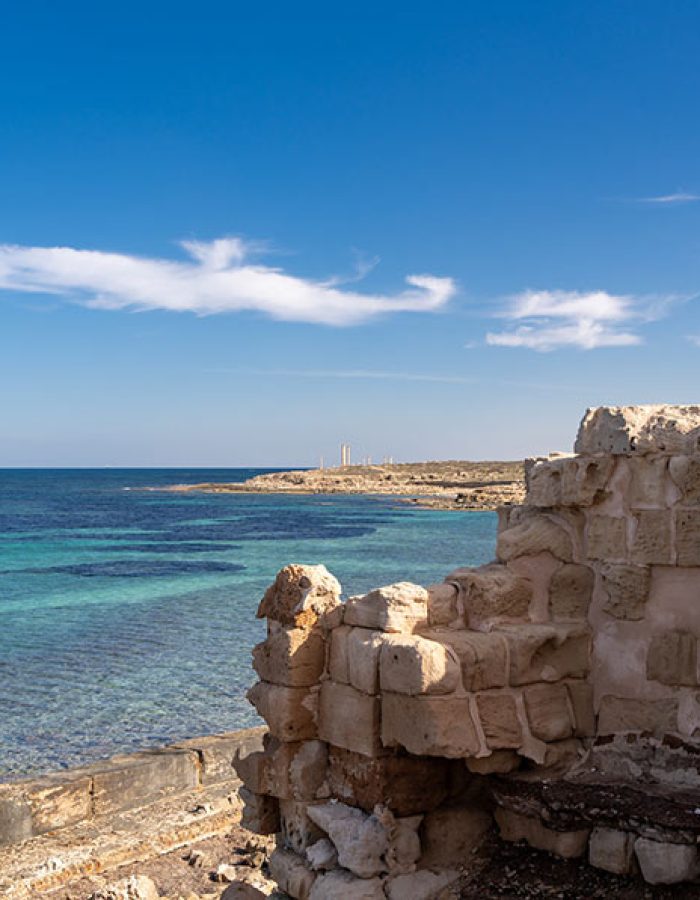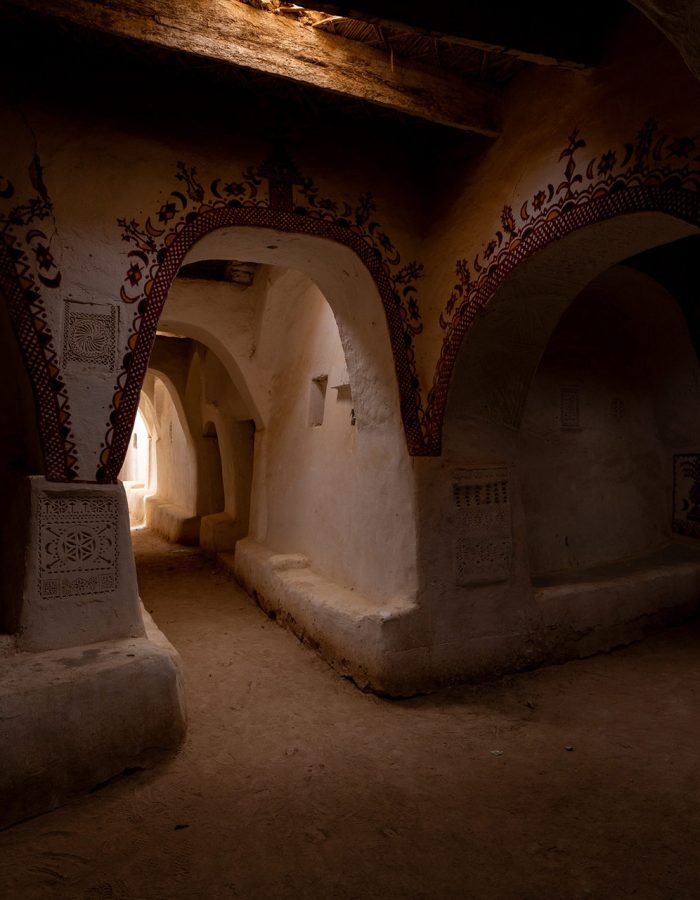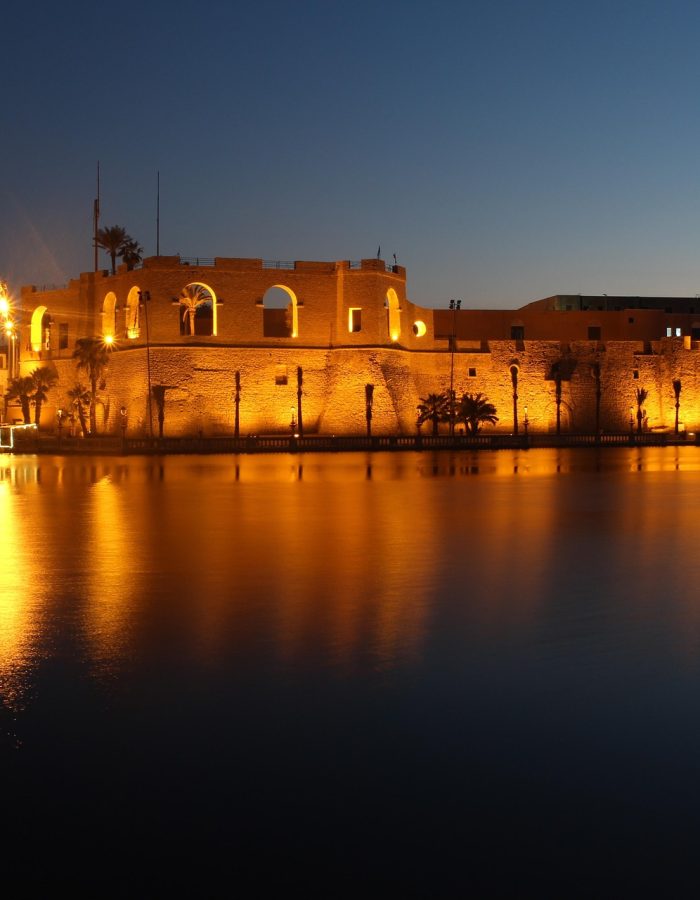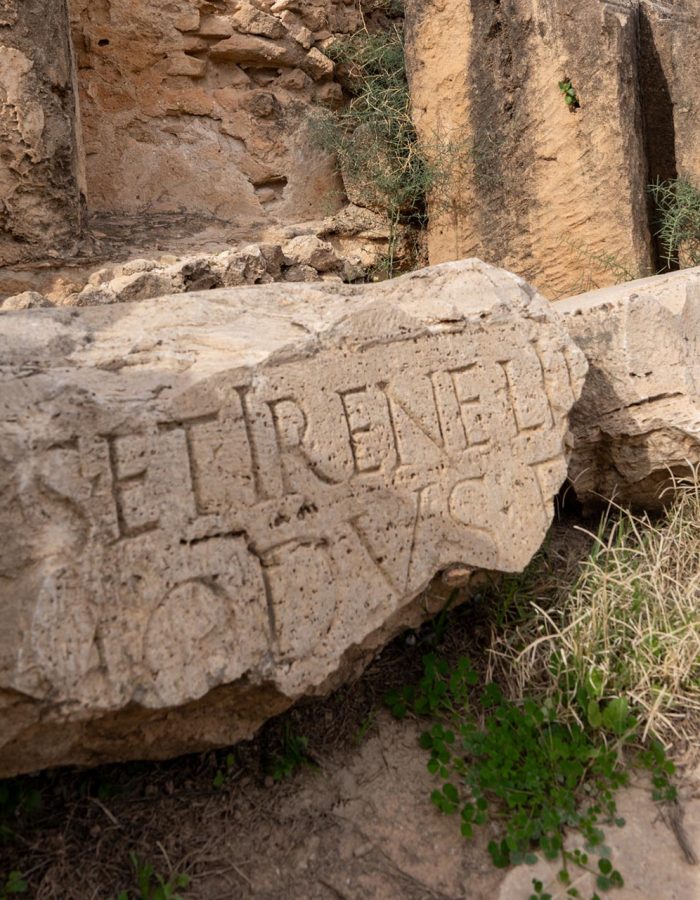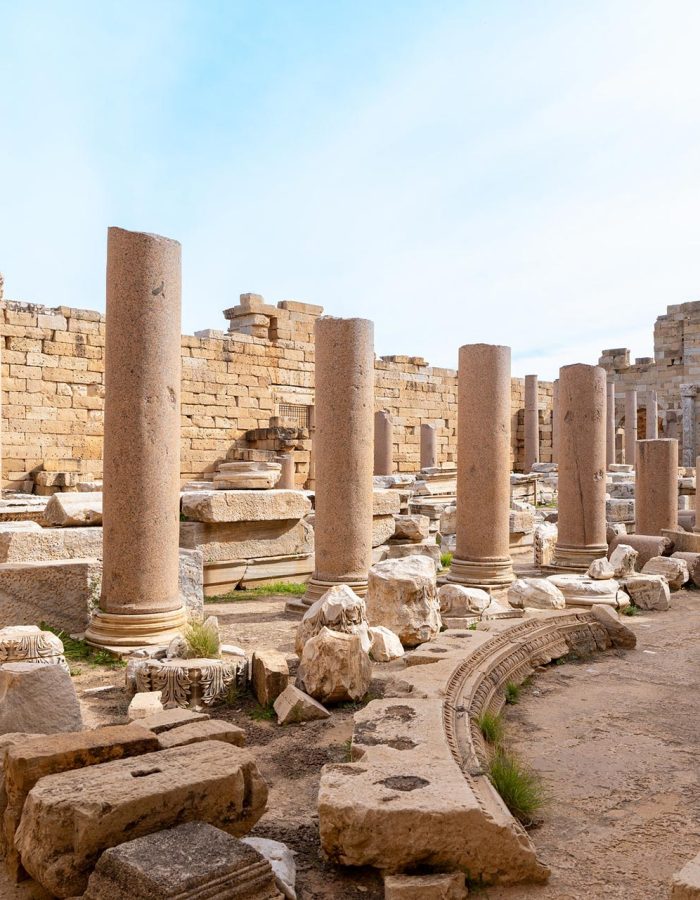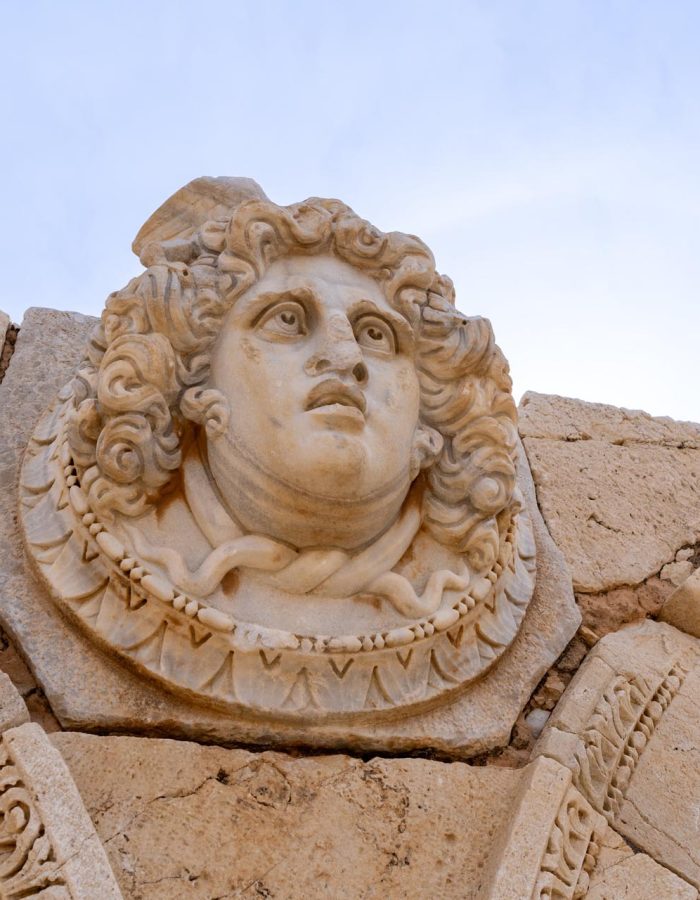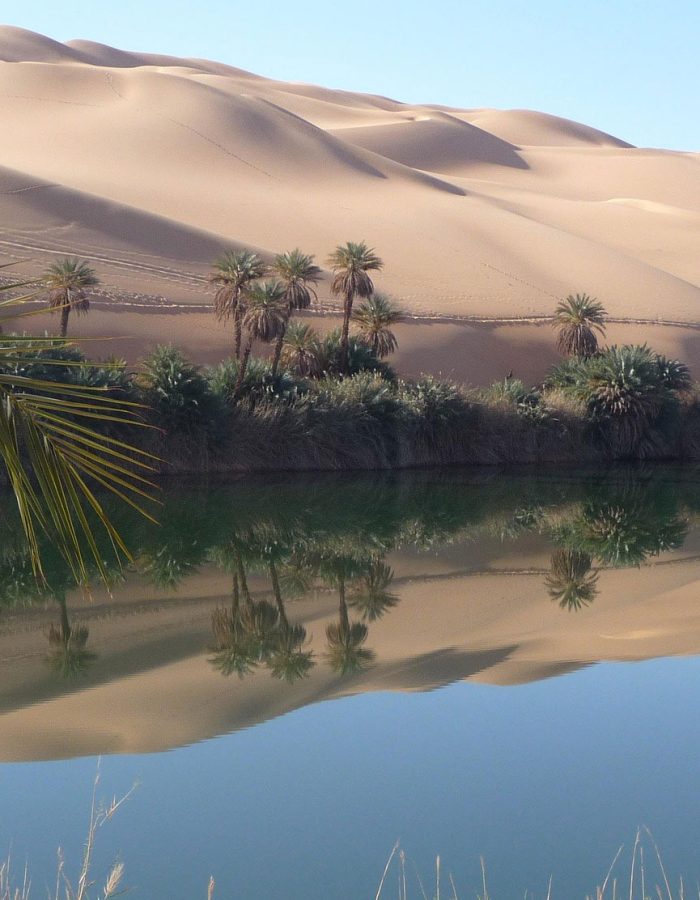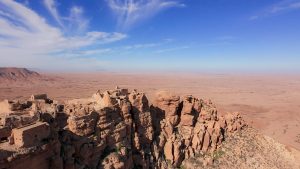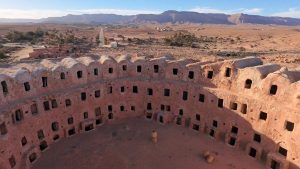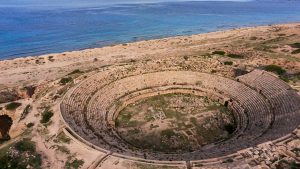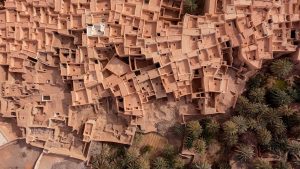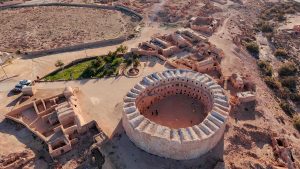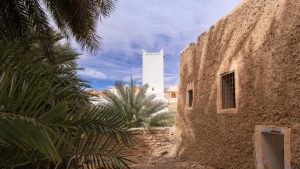Amid sand-swept medinas and Mediterranean towns, Libya’s Libyan festivals and rituals pulse with color, rhythm, and centuries-old tradition. These celebrations—born of Berber heritage, Tuareg pride, Islamic observance, and revolutionary memory—reveal a country deeply rooted in culture, even as it navigates modern uncertainty. For travelers willing to look beyond the headlines, Libya cultural tours offer not just pageantry, but perspective.
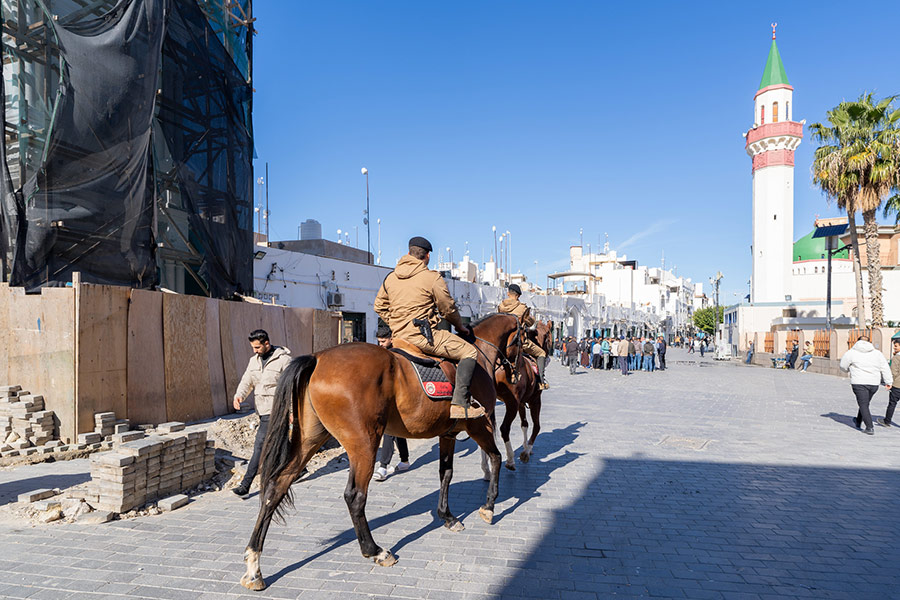
Traditional Festivals: Living Heritage Across the Land
Libya’s cultural calendar is anchored in place—celebrated in the mountain strongholds, desert oases, and bustling coastlines that define its geography. Each festival tells a story of identity, shaped by climate, community, and continuity.
Desert Celebrations: Echoes in the Sand
In the Saharan town of Ghadames, the desert glows in October as locals return to their ancestral homes for the Ghadames Festival. For three days, the old city pulses with camel races, Tuareg songs, and bustling markets—a window into centuries of oasis life. This beloved event in the Ghadames desert oasis is a cornerstone of Libya’s seasonal culture.
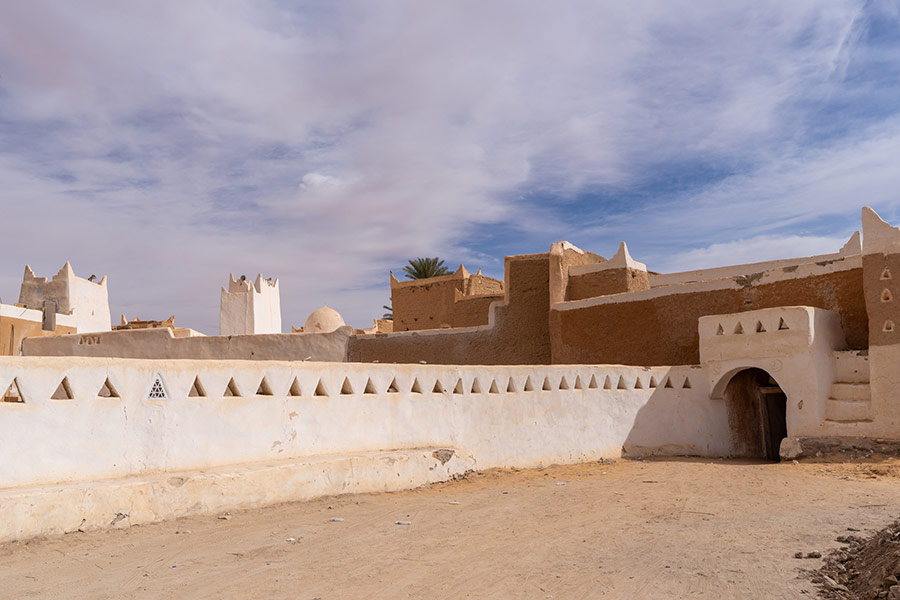
Further south, deep in the Acacus Mountains, the Ghat Festival unfolds each December or January. Set among ancient rock art and endless dunes, this event celebrates Tuareg traditions with music, poetry, and processions that wind through the timeless medina of Ghat.
The Acacus Festival, also held in winter, offers perhaps the most atmospheric of all Libya’s celebrations. Musical performances at sunset echo off basalt cliffs, bridging the silence of the desert with human creativity and ancestral memory.
Mountain and Coastal Celebrations
In the mountains of Jebel Nafusa, the Nalut Spring Festival marks the end of winter with parades, crafts, and dance. Held in March, it brings Berber traditions into public life, attracting both locals and foreign visitors en route to the Sahara.
On the coast, the Zuwarah Awessu Festival takes place each August—an ancient sea ritual modernized into beachside festivities with swimming contests, sailing regattas, music, and shared feasts. Rooted in pre-Islamic rites, the event has evolved to reflect Islamic and contemporary sensibilities while keeping its communal spirit intact.
Meanwhile, the Tripoli Date Festival showcases agricultural heritage. More than 400 varieties of dates are displayed by farmers from across Libya, affirming a deep connection to land, labor, and tradition despite modern economic and logistical challenges.
Islamic Celebrations: Faith Woven into the Calendar
Libya’s most widely observed celebrations are Islamic, aligned with the lunar Hijri calendar and deeply embedded in the social fabric. These holidays offer both sacred reflection and joyful togetherness.
Ramadan and Eid
During Ramadan, Libya’s cities take on a unique nighttime rhythm. Families gather for iftar meals, and markets open late into the evening. While travel during this time requires sensitivity—many restaurants close during the day—it offers a profound glimpse into Islamic devotion and community life.
At Ramadan’s end, Eid al-Fitr brings three days of celebration. Homes are decorated, meals are shared, and families visit one another bearing sweets and gifts. It’s a time of forgiveness and festivity.
Other Major Observances
Eid al-Adha (Feast of Sacrifice) commemorates the story of Abraham and features ritual slaughter, prayers, and large family gatherings. Other observances include the Islamic New Year, the Prophet’s Birthday (Mawlid), and Arafat Day, each with its own rhythm of reflection, public prayer, and community expression.
National Holidays: Memory and Modernity
Libya’s modern identity is forged not only in ancient celebrations, but in recent revolutionary memory. National holidays reflect pride, pain, and the struggle for sovereignty.
- February 17: Revolution Day – marks the 2011 uprising that led to Gaddafi’s fall.
- March 19: Victory over Kadhafi – commemorates international intervention.
- October 23: Liberation Day – celebrates the formal end of Gaddafi’s regime.
- December 24: Independence Day – honors Libya’s 1951 emergence from Italian colonial rule.
- September 16: Martyrs’ Day – remembers those lost to colonial and revolutionary struggle.
- May 1: Labor Day – aligns with international observance of workers’ rights and achievements.
Planning Your Visit: Timing and Cultural Awareness
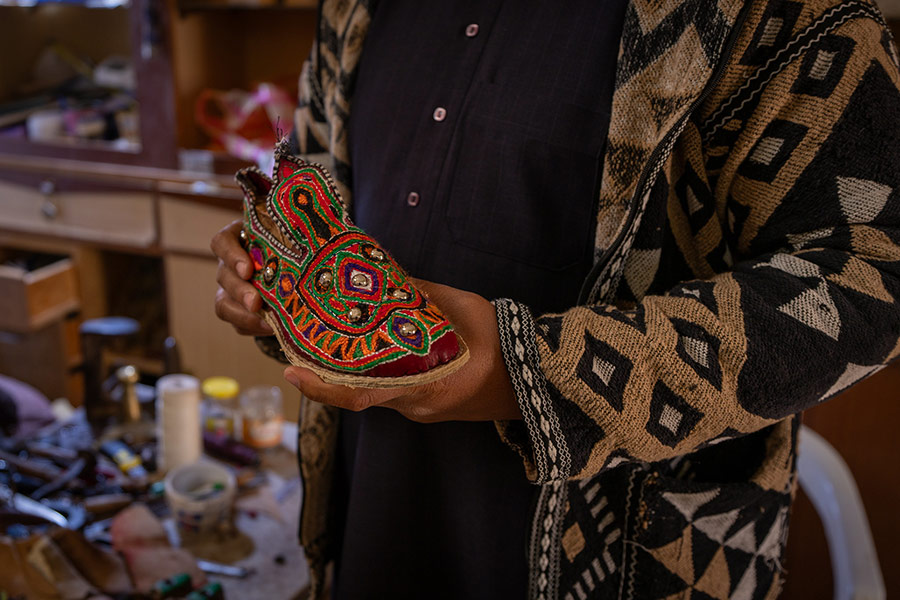
Libya’s festivals follow three distinct calendars—seasonal, Islamic, and national. While religious holidays shift roughly 11 days earlier each year on the Gregorian calendar, national holidays remain fixed and more predictable. Traditional cultural festivals generally follow consistent seasonal rhythms, making autumn, winter, and early spring the most eventful periods for cultural travel.
Travelers should check updated calendars, as festival dates and scales may fluctuate due to political and logistical conditions. When possible, engage a local guide—someone who can help navigate timing, etiquette, and regional variations with cultural fluency. Libya trip preparation will ensure that your cultural encounters are thoughtful, timely, and respectful.
Participation and Respect
Visitors are welcome at many festivals, but cultural sensitivity is essential. Dress modestly, ask before photographing people, and observe local rhythms—particularly during religious periods. Events like the Zuwarah Awessu or Ghadames Festival often include spaces where visitors can observe and participate, but always follow local lead.
Regional Diversity: One Country, Many Voices
From the Berber towns of the Nafusa Mountains to the Tuareg oases of the south, from Tripoli’s agricultural showcases to coastal ceremonies rooted in the sea, Libya’s festivals are a living atlas of cultural identity. Each region has its voice, and together they compose the melody of a nation still finding its modern harmony.
Conclusion: Celebration as Continuity
In a land often defined by its struggles, Libya’s festivals are reminders of what endures. They are declarations of joy, of survival, of heritage carried forward in dance steps, in incense smoke, in shared bread and remembered songs. For the curious traveler, these celebrations offer not just entertainment—but understanding.
For Libya cultural tours, we believe the best journeys are those that align with the pulse of the people. Let us guide you into the heart of Libya’s cultural calendar, where every drumbeat and every date harvest tells a deeper story.

